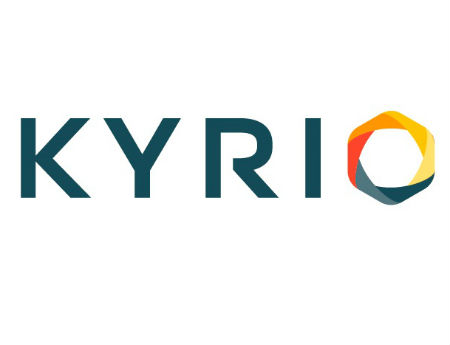Kyrio Takes Over CableLabs Certification Testing Program
The smarter way to stay on top of the multichannel video marketplace. Sign up below.
You are now subscribed
Your newsletter sign-up was successful

Kyrio, the for-profit unit of CableLabs, recently took over the certification testing for the cable industry’s Colorado-based R&D group and is implementing new processes and pricing for DOCSIS 3.1-based products.
Kyrio (formerly known as NetworkFX) made note of that change in an announcement posted on its web site without much fanfare in March, noting that the consolidation of those testing efforts will expand on its testing work in areas such as wireless, the Internet of Things, software-defined networking, and some custom testing solutions.
RELATED: CableLabs Rebrands Security Spin-Off
“Kyrio Testing Services is built upon the core Lab Services group who have provided CableLabs certification for many years,” it said at the time. “The staff, experience, and institutional knowledge remain intact. While the specification and certification programs continue to be led and administered by CableLabs, the testing will be provided through Kyrio.”
RELATED: CableLabs Unit Tackles IoT Testing
In addition to executing testing for CableLabs cert programs, Kyrio is also handling elements such as managing customer relationships and operators, including the process of receiving devices, accepting payments, and developing test program reports. Those results are then presented to the appropriate CableLabs Certification Board to determine whether or not a device should be certified, which is similar to how that’s been handled in the past.
RELATED: CableLabs Unit to Help MSOs Roam
The smarter way to stay on top of the multichannel video marketplace. Sign up below.
Kyrio followed up Tuesday with a more extensive Q&A about changes to product testing for DOCSIS 3.1, the new multi-gigabit platform for HFC networks, that aim to “improve the speed and predictability” of D3.1 certification testing.
Among those changes, Kyrio is reorganizing D3.1 into a two-phased test strategy that includes “Core” and “Secondary Testing,” scheduled to begin on July 14.
Core Testing covers “critical tests” that most often prevent devices from being certified, with vendors notified if there were any failures during that phase. Once a device passes those tests, it enters Secondary Testing, whereby a product should be in position to complete the remaining testing on the way to achieving certification.
The two-part testing process also comes with a new pricing policy, which also takes effect July 14, and no longer offers an option for unlimited devices updates for a fixed price.
“We have reached the point where the current process is slowing down our ability to complete testing and deliver devices to market in a timely manner,” Kyrio explained.
Kyrio said its new plan will also result in lower pricing for D3.1 testing, including a 10% certification fee reduction, though vendors that fail either the Core or Secondary test phase will incur an additional reduced fee for resubmission.
D3.1 cable modem testing under the new structure, becoming effective on July 14, will cost $50,000 for the Core phase, and $60,000 for the Secondary phase. Under the legacy program, it costs $120,000 to submit a D3.1 into a test wave, with device updates costing $30,000.
A “flex” submission for D3.1 CPE under the new program costs $135,000, versus $150,000 under the legacy testing program.
Vendors can also submit products for recertification that follows the new two-part process, though the number of tests and the fees will be reduced, according to Kyrio.
Looking ahead, Kyrio also plans to update its backoffice systems to support “more real-time updates,” and to enhance communications with vendors via new weekly status emails. In late 2017 or early 2018, Kyrio plans to launch a web portal aimed at improving the customer experience.
Kyrio also held a webinar earlier today (June 7) to provide more details on the D3.1 certification process changes.
